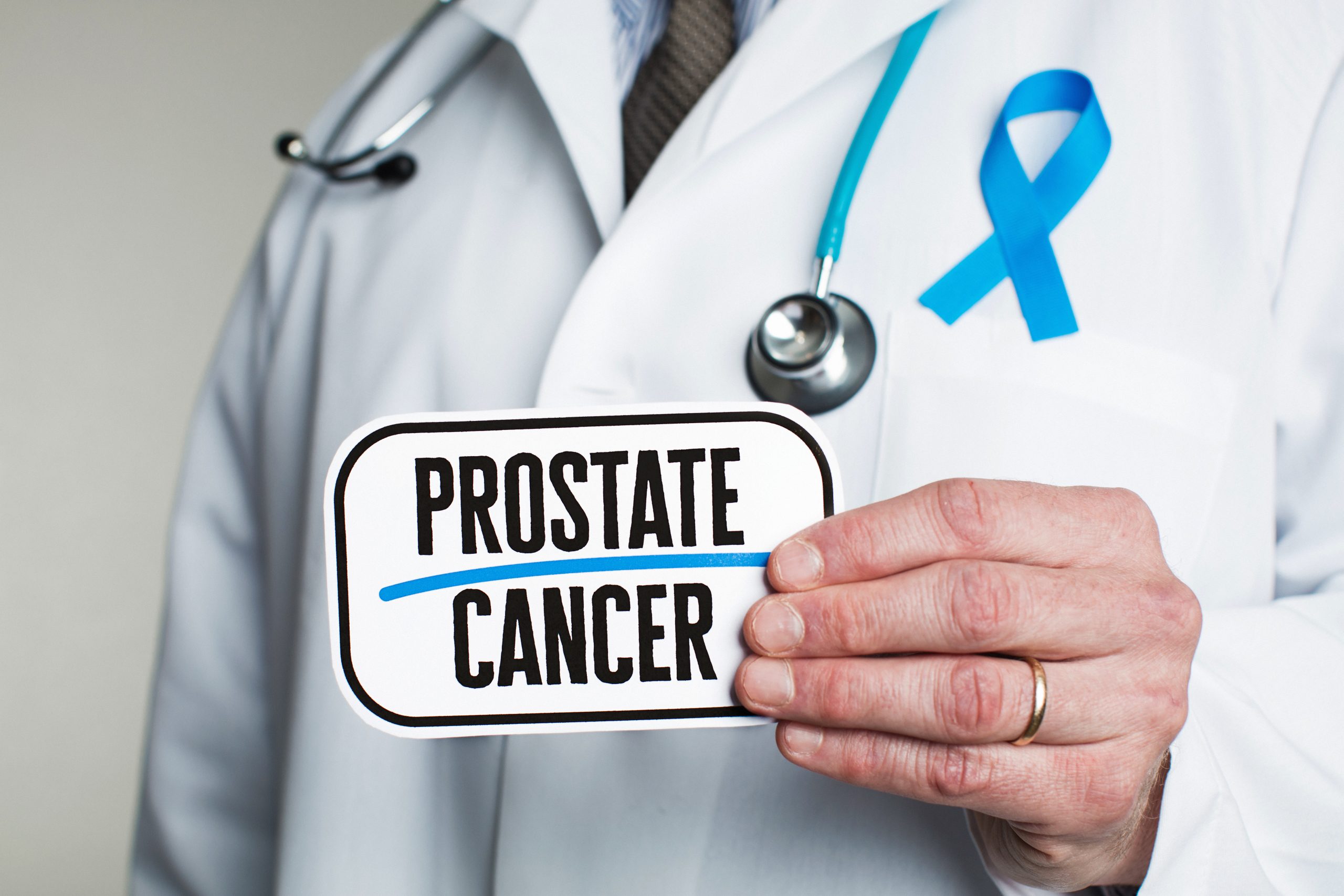
September is Prostate Cancer Awareness Month which Spencer Larkin, M.D. of Ephraim McDowell Urology said is important because the cancer is often found in asymptomatic patients, or patients who are not showing symptoms.
“Almost always, waiting until symptoms of prostate cancer occur is too late for curative treatment. Our goal with screening is to find aggressive cancers while they’re still curable,” Larkin said.
Screening is recommended yearly for healthy patients 55 to 69 years of age. Prostate cancer screening might also be recommended for patients under 55 with a significant family history, or those in good health over 70 years of age.
Symptoms of prostate cancer include blood in the urine and severe back pain. The spread of prostate cancer depends on several factors such as age, race, and how aggressive the cancer looks under the microscope. Larkin said a sedentary lifestyle is associated with prostate cancer risk.
“Generally, prostate cancer is not considered curable if spread outside the prostate, but there is an ongoing study in that area,” Larkin said. “Even in cases of spread outside the prostate, there are treatments to slow the growth and spread of prostate cancer, treatments that often help for years.”
Treatment, Larkin said, includes surgery and radiation.
“Incontinence and erectile dysfunction that is bothersome to them are certainly the two side effects we talk about most with patients,” Larkin said. “In our experience, somewhere between five to 10 percent of patients can expect to have incontinence after prostate surgery. If a patient requires aids like Viagra or other medicines before surgery, the greater the risk of problems after surgery.”
Currently, trials are being conducted to treat prostate cancer that has spread beyond the prostate to other body parts. Larkin also said the University of Kentucky is conducting a study on the effects of CBD oil with cancer patients who have been treated and had the cancer return.
“The vast majority of patients who have undergone either of these procedures have excellent results and would recommend them to a friend,” Larkin said.
For more information, call Ephraim McDowell Urology at (859) 239-2700.
